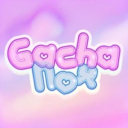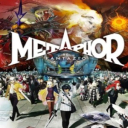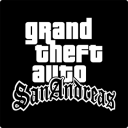The Influence Of Norse Mythology In God Of War (2018)
Nov-15-2024
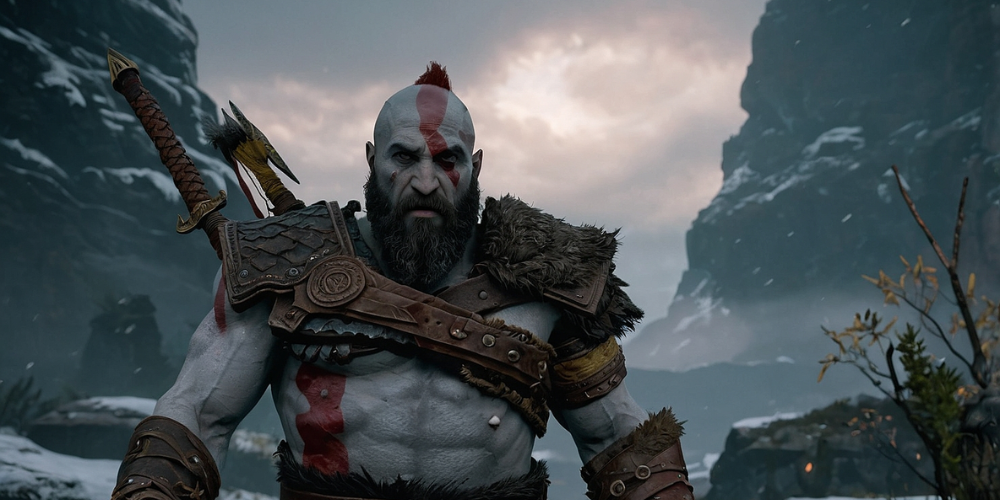
As a lifelong gamer and mythology enthusiast, I couldn’t help but delight in the melding of ancient narratives with modern storytelling in video games. One standout example is God of War (2018), which is brilliantly steeped in Norse mythology. Personally, I found the way the game intertwines mythology with gameplay riveting, so I decided to dive deeper into the subject and explore how Norse mythology influenced this groundbreaking title.
A Shift from Greek to Norse
Having played the earlier installments of God of War, I was particularly intrigued to see the franchise’s transition from Greek to Norse mythology. This shift not only breathed new life into the series but also allowed for a fresh narrative canvas. As I navigated the realms, the immersive storytelling set a tone that felt both new and familiar, as the gods and stories of Norse culture began to unfold before me.
The Characters Inspired by Myth
One of the most striking aspects of the game is its characters, which are deeply influenced by Norse mythology. Kratos, the protagonist, embodies the archetype of a god wrestling with his fate. As I watched him interact with characters like Atreus, it became clear that their relationship is crafted with echoes of the mythological bonds seen in Norse texts. For instance, the way Loki (Atreus’ alternate identity) is portrayed taps into intricate themes of prophecy and destiny familiar to those who know Norse lore.
The Beautifully Crafted Realms
As I delved into the intricately crafted worlds of Midgard, Helheim, and Alfheim during gameplay, a profound sense of wonder enveloped me. The developers intentionally designed these locations to reflect their mythological counterparts, creating an authentic atmosphere that pays homage to Norse culture. Discovering the realm of Helheim felt like stepping into the tales of the Norse underworld, complete with its haunting beauty and relevance to the journey Kratos and Atreus undertook.
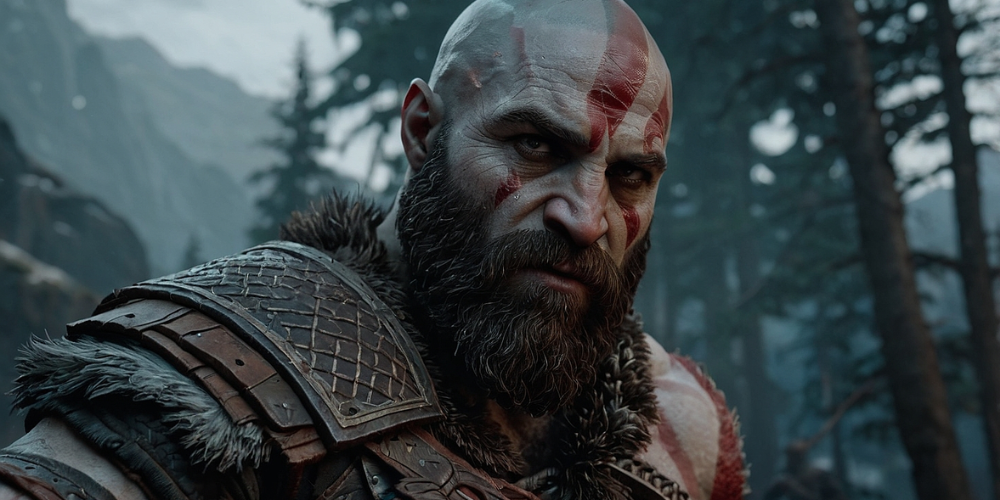
Myths Brought to Life Through Quests
The main quest and side quests in God of War are filled with references to Norse myths. I found myself engaged in battles and tasks that mirror ancient tales, such as encounters with the World Serpent, Jörmungandr, who is a significant figure in Norse cosmology. The narrative cleverly incorporates these myths, making me feel part of the timeless stories that have shaped Norse traditions.
The Role of the Aesir and Vanir
During my gaming experience, I was fascinated by the representation of the Aesir and Vanir gods. The complex dynamics between these two groups reflect real mythological rivalries. Characters like Odin and Thor are brought to life through compelling portrayals, showing them as both powerful and flawed. I was drawn into the various conflicts, making me ponder the themes of power and responsibility that run through Norse stories.
The Ties to Runes and Symbols
As I progressed, I became aware of the significance of runes and symbols present throughout the game. Each rune carries a weight of meaning, much like how they were used in historical Norse culture for communication and magic. Interacting with these runes in the game made me appreciate their depth beyond mere collectibles. Their inclusion enhances the overall atmosphere and connects players like me more deeply to the rich heritage of Norse mythology.
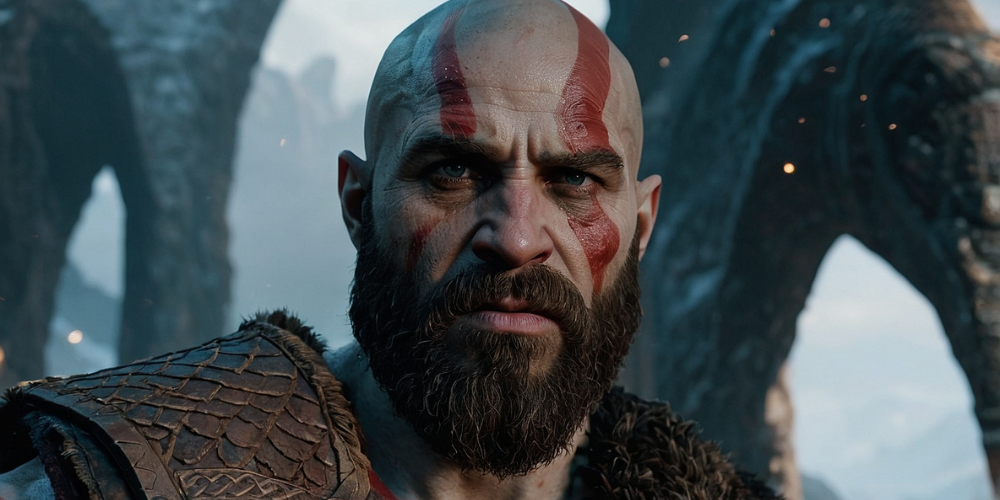
The Importance of Fate and Destiny
In Norse mythology, fate plays a central role, and this theme resonates throughout God of War. I found myself contemplating the choices made by Kratos and Atreus, as their paths interweave with prophecies and destinies reminiscent of the Norns’ spin on human fates. As I engaged with the storyline, I felt a connection to this larger narrative about control, choice, and acceptance of one's path.
Creatures of Myth and Legend
The game features various mythical creatures, such as trolls and draugr, which reflect the darker aspects of Norse folklore. These encounters added layers to the gameplay experience for me. Every enemy seemed distinct, showcasing various elements of what it meant to be a hero in a mythical realm. Engaging in battle with creatures steeped in myth made me appreciate the cultural significance behind these beings.
The Emotional Depth of Family Relationships
Another fascinating element of the game is how it explores the theme of family against the backdrop of mythology. The relationship between Kratos and Atreus evolves throughout the adventure, echoing the familial dynamics found in many myths, including those among the Norse gods. I felt the emotional resonance during pivotal dialogues, revealing layers of love, loss, and the struggle for understanding between father and son.
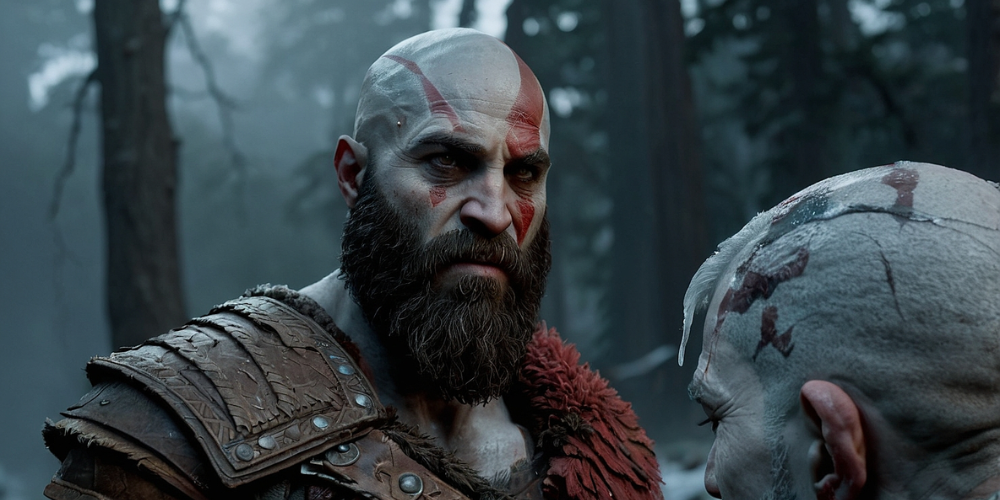
The Narrative of Conflict and War
Conflict is a recurrent motif within Norse lore, and God of War encapsulates this theme effectively. The game delves into ideas of vengeance and its consequences, largely inspired by Norse tales that often depict conflict with gods and creatures. I was especially struck by the internal conflicts that Kratos faces, which are informed by both his Greek heritage and his new challenges in the Norse realm.
The Symbolism of the Leviathan Axe
One aspect that intrigued me was the significance of Kratos’ Leviathan Axe. Its design and capabilities symbolize not just power but also a connection to Norse mythology. The way it operates and interacts with the environment echoed the importance of weaponry and tools as seen in ancient myths. As I wielded the axe, I felt an attachment to its mythological roots, reinforcing my engagement with the lore.
Environmental Storytelling
God of War masterfully utilizes environmental storytelling, embedding the essence of Norse mythology into every corner of its game world. From the murals depicting significant events to the runic inscriptions, I was captivated by how the environment told stories that complemented the main narrative. This rich storytelling method brought depth to my experience as I uncovered each layer woven into the game's design.
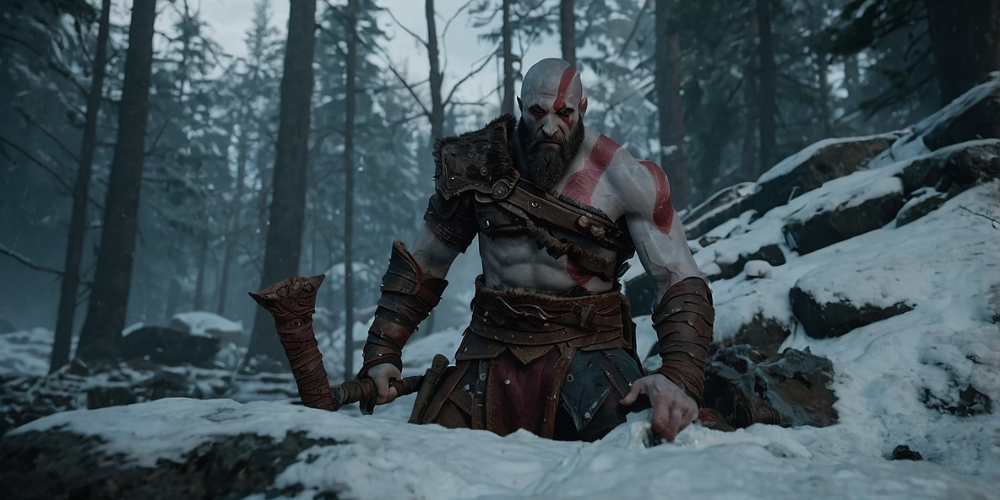
The Exploration of Honor and Legacy
Honor has a significant role in Norse culture, and I found this theme prevalent in the choices made by characters in God of War. Kratos’ quest is not only about survival but also about leaving a legacy for Atreus, which parallels the heroic narratives of old. Each decision and action taken felt weighty, and I was constantly reminded of the importance of honor in shaping one’s fate.
Weapons, Armor, and the Influence of Myth
The equipment in God of War, from weapons to armor, reflects the craftsmanship and significance found in Norse mythology. As I upgraded my gear, I learned about the legendary artisans and their creations, drawing clear parallels to mythological tales. The integration of such elements made the gameplay feel deeper, as if I were not just playing a game but also participating in an epic saga.
Conclusion of the Mythological Journey
As I play through God of War, I can’t help but appreciate how the game reinterprets and weaves together aspects of Norse mythology to create a compelling narrative. The intricate details from characters to plotlines, symbols to settings all contribute to a magnificent tapestry that pays tribute to ancient stories while providing an engaging and meaningful experience for players like myself. The blend of myth and innovative gameplay leaves me eager to explore further and uncover more of the rich folklore that informs the game’s world.
